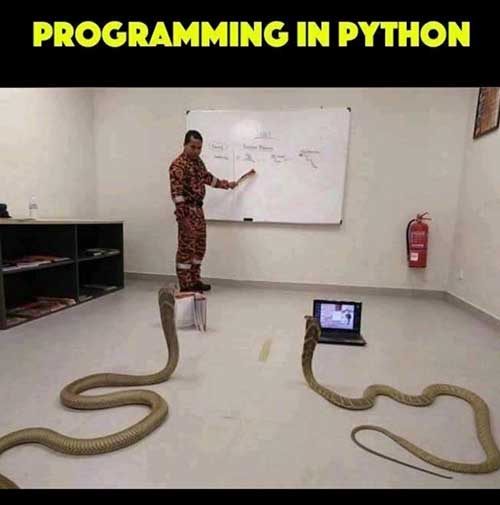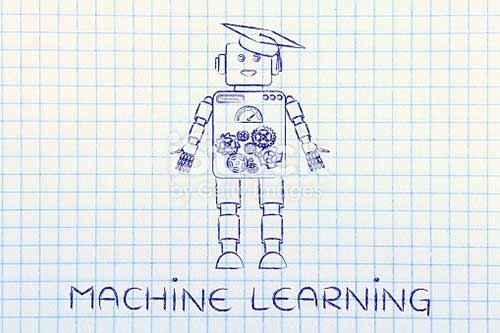Do you need to know how to code to study an MSc in Business Analytics? What programming languages are useful for data analysis? How does Excel compare with other programmes?
One year ago, when I was deciding which master course to study, these were some of the questions that kept popping up in my head. I am writing this blog to talk about my experience now that I have had the opportunity to attend the classes and talk to the teachers about this aspect. I hope you find this useful if you are deciding to study a master’s in business analytics.
Before starting, I must say that I didn´t have any kind of previous coding experience. The software I used for all my analysis was Microsoft Excel and I considered myself a proficient user. However, I have heard that many of the new developments in the field of Data Science were powered by algorithms and that the most difficult problems to solve were being tackled by machine learning. So, I was very intrigued about what I was missing out and looking forward to what I could learn in my Master's.
The MSc in Business Analytics offered by Alliance MBS at The University of Manchester has one elective unit called 'Programming in Python for Business Analytics'. Since I wanted to learn more about programming, I signed up for it (the unit is designed for beginners, so no previous experience was necessary).

The first weeks were kind of hard because I was exposed to subjects I have never heard of before (what on earth is a 'for loop'??). We had lectures and lab sessions to practice the concepts that were being taught. A few weeks passed, and I was very surprised with my progress: I was writing and running simple programs. I didn´t know that I was capable of doing this! The way I see this intellectual challenge is like learning to speak a new language: once you are able to understand the basic rules and the correct grammar guidelines, your progress starts to grow exponentially. At the end of the semester, we were learning about extensions of Python that are used by Data Scientist to do Machine Learning. How cool is that?

Why Python for data analysis and not any other language? First, it is open-source. This means that it's free to download and use and the community is constantly writing improvements to make it better. Second, it is easy to learn because it has a simple syntax, short codes to memorise and the most complex functions run on extensions that have already been developed by experts. Third, there appears to be a consensus among Data Scientist to use Python as the preferred language for performing Machine Learning. And fourth, Python has numerous libraries to perform data manipulation in vast quantities. Since 80% of a data analyst time goes to preparing and manipulating data prior to analysis, this feature will definitely help you to tidy your data faster.
Even though the course I mentioned before is offered as an elective, I believe it was one of the most insightful and it equipped me with new skills and tools to solve real-world problems. If you plan to study an MSc in business analytics, I would strongly encourage you to take this kind of programming unit. And if you plan to make the most of your time in here, it would be great if you could do one of the hundreds of available free introductory internet courses on YouTube, Coursera, Dataquest, etc. before coming to Manchester.


